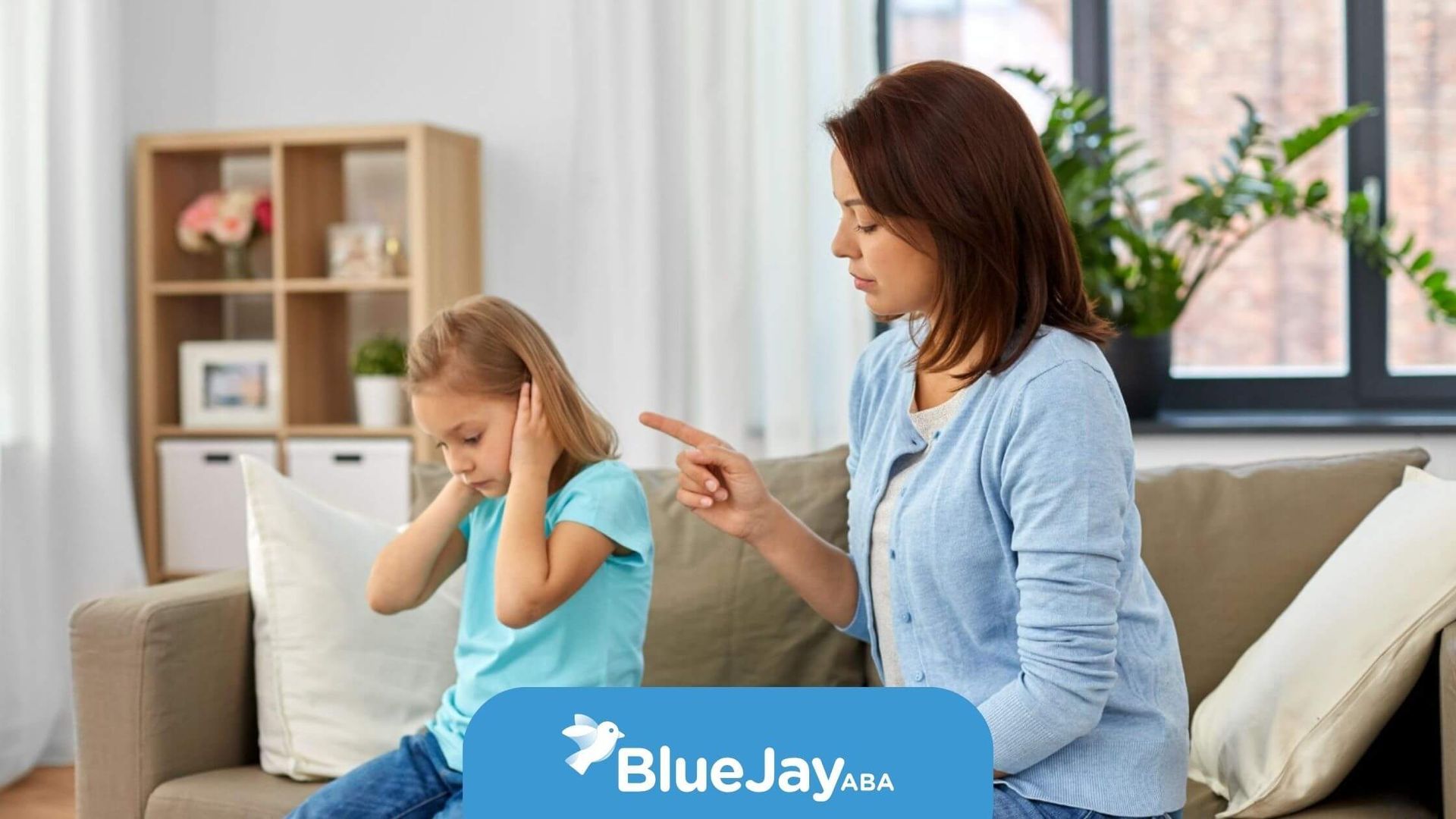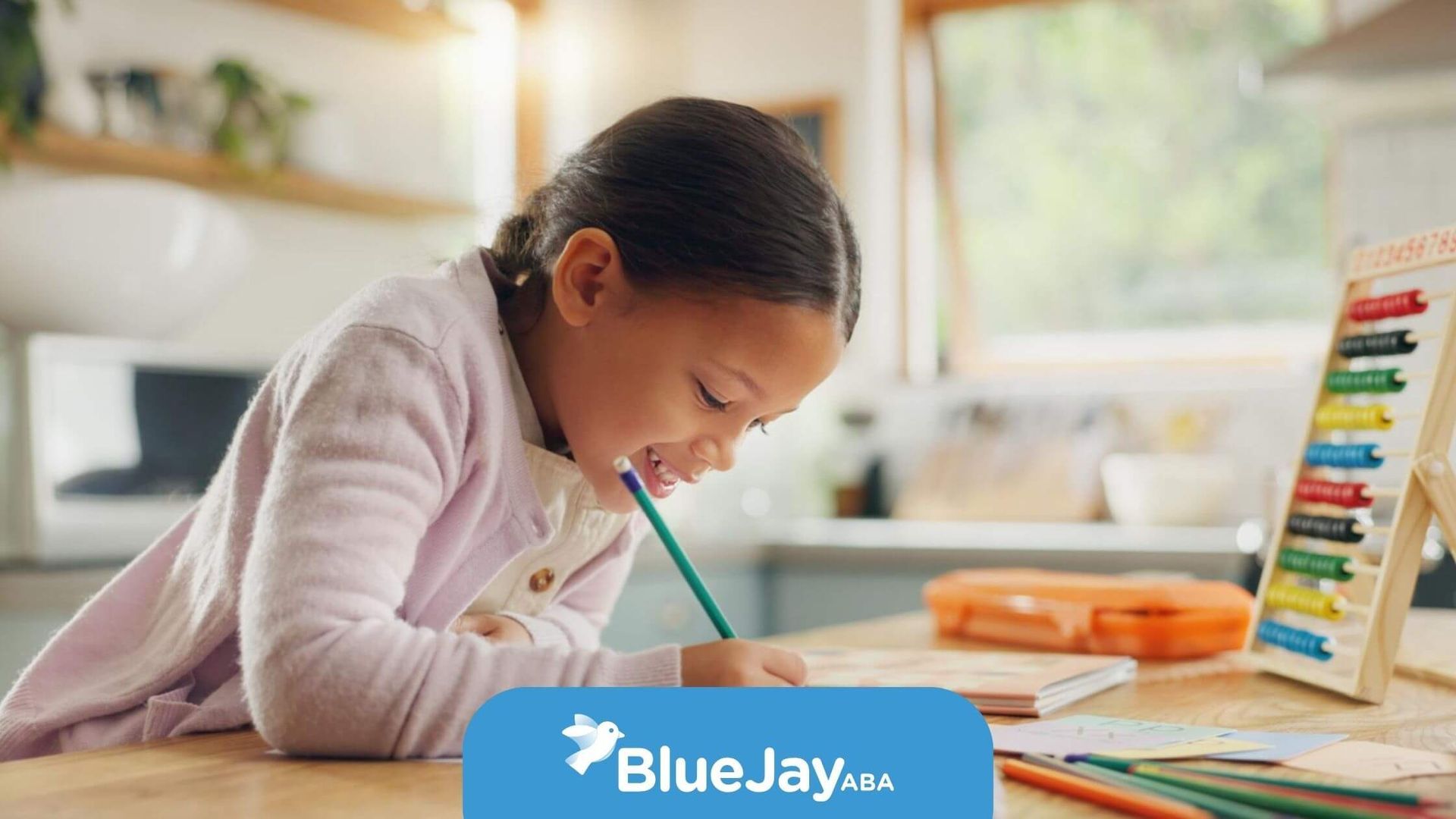The Real Benefits of Music for Autistic Kids Explained with Everyday Examples
Music can be a huge source of comfort and connection for autistic children. It gives them a safe way to express themselves, feel grounded, and explore new skills at their own pace. Even a familiar tune or steady beat can make the day feel calmer and more predictable.
The Many Benefits of Music for Autistic Children
Music affects the brain in powerful ways, which is why so many kids respond to it so naturally. It can support emotional regulation, communication, and sensory needs — all while feeling fun, safe, and engaging.
Emotional regulation through music
For many autistic kids, music acts like a soft landing. You might see a child use music to:
- Calm down after a stressful moment
- Transition between activities
- Reduce feelings of anxiety
- Feel more grounded in busy or loud spaces
Predictable melodies help create structure, which is something many autistic children rely on.
Building communication skills
Some children find it easier to communicate through music than through spoken language.
Music can help with:
- Turn-taking during songs or instrument play
- Shared attention and connection with caregivers
- Learning new words through simple, repetitive songs
- Practicing rhythm and timing that later support speech development
Music feels playful and low-pressure, which helps kids open up.
Sensory support and regulation
Music can offer gentle sensory input that helps kids stay calm and focused.
Depending on a child’s sensory profile, music can:
- Soothe overstimulation
- Provide steady rhythm to support regulation
- Encourage movement and motor skills
- Offer a predictable sensory experience
This makes music especially helpful for sensory-sensitive children.
Supporting new skills through routine
Music fits naturally into daily routines, which helps children learn and remember steps.
Parents often use songs for:
- Cleanup time
- Bedtime routines
- Transitions
- Learning self-care skills
Because music and autism often go hand-in-hand, children usually respond quickly to musical cues.
Music is a powerful tool for connection, communication, and comfort. At Blue Jay ABA, we love building on the strengths each child already has—and for many autistic children, music is one of those strengths.
Across North Carolina, we use individualized ABA therapy to support emotional regulation, communication skills, and everyday routines.
We offer:
- Home-based ABA for learning in the comfort of home
- School-based ABA therapy for support throughout the school day
- Telehealth ABA for flexible, convenient sessions wherever you are
We also provide autism evaluation services, ABA assessment, and ABA parent training to guide families every step of the way.
If you’re ready to explore personalized, compassionate ABA support, we’d love to help. Reach out to us at Blue Jay ABA today.
FAQs
How does music help autistic children with communication?
Music supports rhythm, imitation, and shared attention, which are key building blocks for communication skills.
Is there a type of music that works best for autistic kids?
It depends on the child. Many enjoy calm, predictable songs, but others prefer upbeat music. The best choice is whatever helps them feel relaxed and engaged.
Can music help with sensory overload?
Yes. Soft, steady, or familiar music can provide soothing sensory input and help reduce overwhelm.
Sources:
- https://pmc.ncbi.nlm.nih.gov/articles/PMC9100336/
- https://www.frontiersin.org/journals/integrative-neuroscience/articles/10.3389/fnint.2024.1403876/full
- https://www.sciencedirect.com/science/article/pii/S0891422225000265
- https://link.springer.com/article/10.1007/s12144-025-07449-z
- https://www.autismspeaks.org/life-spectrum/autism-how-listening-music-helped-me-learn-how-talk
Related Posts





